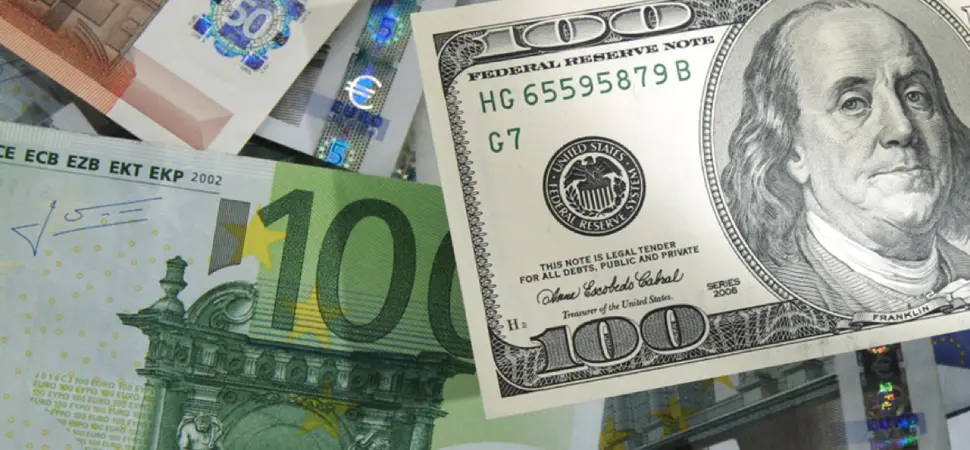19.06.2024
Евгений Лебедев
305

On Friday, June 14, the euro posted its biggest weekly decline in two months against the dollar. Political uncertainty after the elections to the European Parliament, as well as the unexpected statement of E. Macron about the dissolution of the National Assembly cause concerns about further weakening of the currency.
Australia's largest investment bank Macquarie Group, which has operations in 32 countries around the world, has spoken out on the weakening of the euro.
"We continue to believe EUR/USD will reach and hold at 1.05 in the second half of 2024," Macquarie said in a note following a swift turn to the right in European parliamentary elections and E. Macron's decision to call early elections for the lower house of Parliament. Ahead of the results of the European Parliament elections, Macquarie warned that the rise of right-wing populists would mean further concerns about the political stability and unity of the European Union."
The upcoming elections for the National Assembly on June 30 and July 7 could see the French president's coalition lose several seats to the far-right Rassemblement National," Macquarie adds. Thus, the ruling Ensemble group "will definitely not become a majority coalition." Early elections are widely seen as a major gamble, with political uncertainty in the European Union returning to the fore.
The country's finance minister, Bruno Le Maire, has warned that the eurozone's second-largest economy risks a financial crisis if the far right or left wins parliamentary elections in the coming weeks.
"An unfavorable result in the next election could increase concerns about the country's debt sustainability," Eric-Jan van Harn, a financial analyst at Rabobank, also warned.
The weakening of the euro amid political instability in the European Union has precedent in the past. In 2017, Britain's decision to leave the EU following the 2016 referendum triggered a wave of euroskepticism, raising fears about the future of the European Union and pushing the euro below parity with the dollar. "We expect the pressure to be the same today," Macquarie said.
At the same time, the euro's weakness contributed to the dollar's gains. The dollar index (DXY) rose 0.3% on the day and 0.6% for the week to $105.57. In turn, the British pound recorded the largest weekly gain against the euro in almost seven months. Against the dollar it fell by 0.5% to $1.27040. It is likely that the strengthening of the dollar will put pressure on the euro. At the same time, U.S. jobs data boosted bets that the Federal Reserve may begin its easing cycle in September, but analysts said euro weakness was the main factor affecting currency markets this week.

/ Reviews